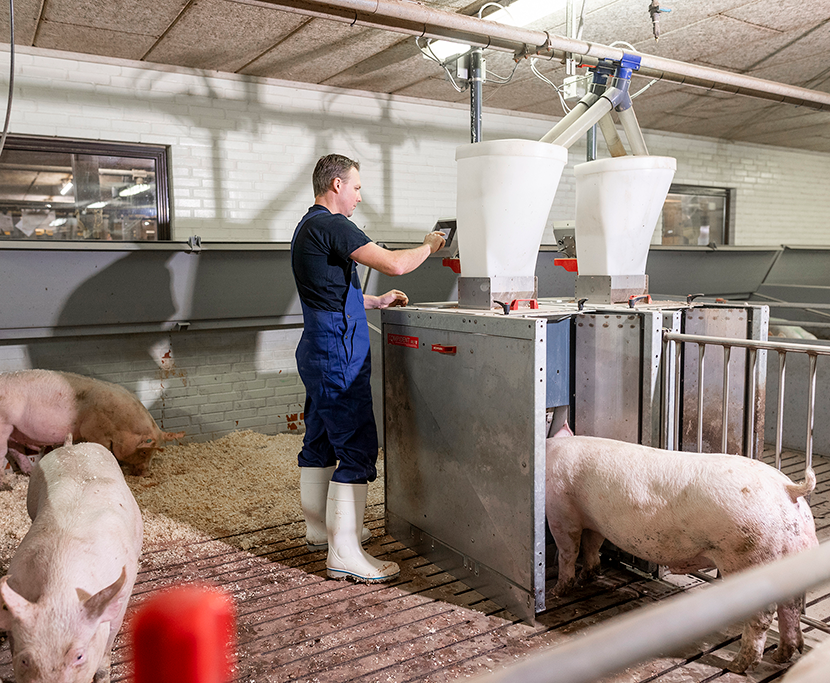Press release: Danish Breeding Company with Six-figure Investment to Optimise Feed Conversion Rate (FCR)
By Danish Genetics - Tuesday, 18 September 2018
The market for pig breeding is under pressure and the competition is tough. It is all about having the best products and every penny counts. This is especially true when it comes to feed conversion, which is why the Danish breeding company Danish Genetics is making a six-figure investment in more than 230 new Schauer Advanced Computerised Feeding stations from BoPil. The company is aiming for the position as leading breeding company regarding feed conversion rate.

Danish Genetics has barely started but is already launching their first initiative aimed at revolutionizing pig breeding. With a six-figure investment, the company is seeking to vastly improve breeding progress in the breeding target “Feed Conversion Rate”. Increasing costs on feed in most of the world means that feed has become the most crucial expense in the production economy for pig producers.
“We want to be number one and secure increased breeding progress regarding the breeding target FCR. We take the feedback from our customer’s breeding work very seriously and therefore we prioritize feed conversion as the most essential breeding target in Danish Genetics’ breeding programme,” explains chair of the board at Danish Pig Genetics, Mads Kring.
Danish Genetics has chosen to develop the company’s breeding programme in cooperation with the company’s customers and the demand from the customers has been clear: Increased breeding progress regarding feed conversion.
Innovative effort for progress in breeding targets
Danish Genetics has invested in more than 230 Schauer Advanced Computerised Feeding stations from BoPil. The stations will be installed over the coming weeks in cooperation between Danish Genetics and BoPil and both parties have great expectations.
“We are proud that Danish Genetics has chosen our solutions to support their strategy. With this deal we are adding Danish Genetics to the group of close and inspiring collaborators and we look forward to a good collaboration in the years to come,” says Michael Fussing Clausen, CEO at BoPil A/S.
The feeding stations will be an essential expansion of the current individual test in all breeding herds. The central placement of the feeding stations in the breeding herds is a significant change compared to the usual practice in Denmark. With the new BoPil feeding stations Danish Genetics can test more than twice as many breeding animals as in the previous breeding programme.
“The goal of Danish Genetics is to do things in a new way. When the entire system is running, we’ll have more than twice the amount of Advanced Computerised Feeding stations as the previous breeding programme. That means we can test more than twice as many boars for FCR. This in turn secures us a much larger and safer dataset for our geneticists to work with, which will have a positive effect on the breeding progress regarding FCR,” Mads Kring says.
Focus on health and development
The strategy of placing feeding stations directly in breeding herds follows from the position as a 100 percent PRRS-negative Danish breeding system. A position Danish Genetics currently has monopolised.
“We’ve rethought our whole genetic setup and decided to stop testing our boars in a joint experimental farm. The animals risk being exposed to various diseases if there are different health levels in the breeding herd, or if a breeding herd gets infected with PRRS. From our new way of testing our breeding herds, we can deliver a higher number of high index boars to our customers. Thus, through better feed conversion , a stronger data basis and a larger number of high index boars with a high health level there is a great economical advantage for our customers in the future,” Mads Kring explains.
The acquisition of the new Advanced Computerised Feeding stations is the first big step Danish Genetics has taken with their genetic partner Roslin Technologies – a commercial part of Edinburgh University, known worldwide as a leading company within genetic science and new technologies.
“The Advanced Computerised Feeding stations being implemented across Danish Genetics breeding farms will generate an enormous amount of data at a scale never before seen in Danish productions systems.” Commented Glen Illing, CEO Roslin Technologies.
“This will enable Roslin Technologies to work on a range of traits and innovatively include them to the genetic programs selecting for FCR, appetite and social & welfare interactions – this is a very welcome development that will lead to increased commercial farmer profitability” Glenn Illing says.
The geneticists at Roslin Technologies process the large amount of data collected at the feeding stations and incorporate it into the extensive breeding value estimation, which determines the index of the breeding animals. The assessment is based on recognized genetic models for breeding value estimations, including BLUB.









